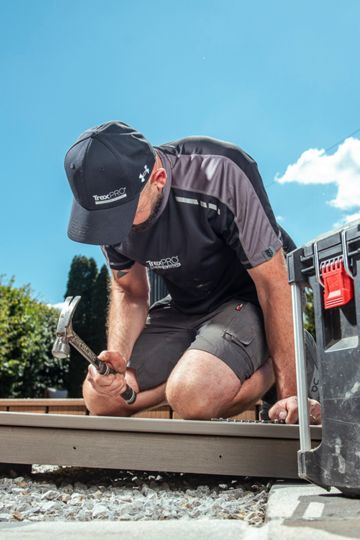- Start and completion dates (or ranges): These keep your project on schedule.
- Warranties: Both on workmanship and materials.
- Change-order process: A written procedure for approving and pricing any modifications along the way.
- Payment schedule: Clearly defined installments tied to project milestones, rather than large upfront payments.
- Site responsibilities: Details about start times, cleanup, debris removal and restroom facilities if needed.
- Subcontractors: Clarification of whether subcontractors will be used and who is responsible for supervising them.
- Insurance verification: Documentation showing active insurance policy.
- Permits and inspections: Agreement on who will secure permits and schedule required inspections.
- Dispute resolution: A process for resolving conflicts should disagreements arise.
These elements not only protect you but also set clear expectations, minimizing the chance of costly or stressful surprises. And remember, price shouldn’t be the only deciding factor. You should feel confident in the builder’s professionalism, comfortable with their communication style and assured that they understand your vision for the project. Before signing any contracts, check out this article about working with a builder.
Red Flags to Watch Out For
Hiring a deck builder is a big decision, and unfortunately not every contractor has your best interests at heart. Even the most polished sales pitch can mask inexperience, corner-cutting, or worse. That’s why it’s essential to recognize warning signs early. Ignoring them can lead to wasted money, months of delays, and a deck that looks bad or feels unsafe. Keep an eye out for these common red flags when evaluating contractors:
- Requests for cash-only payments: Without a paper trail, you have little recourse if problems arise.
- Vague or verbal-only estimates: Always insist on a written proposal with clear details.
- High-pressure sales tactics: No contractor should rush you into a decision, especially on a major investment.
- Missing or expired insurance: Lack of active coverage puts both you and your property at risk.
- Unwillingness to provide references: Reputable contractors should be eager to connect you with past customers.
- No license or unclear credentials: Verify their license is valid and up to date.
- Unrealistically low bids: If the price seems too good to be true, it could mean subpar materials or hidden costs later.
- Poor communication: Slow responses or vague answers during the bidding process can foreshadow bigger issues once work begins.
Spotting even one of these warning signs is reason enough to pause, dig deeper or walk away. A trustworthy builder will welcome your questions, provide documentation without hesitation and prioritize your confidence as much as the quality of your deck.






































